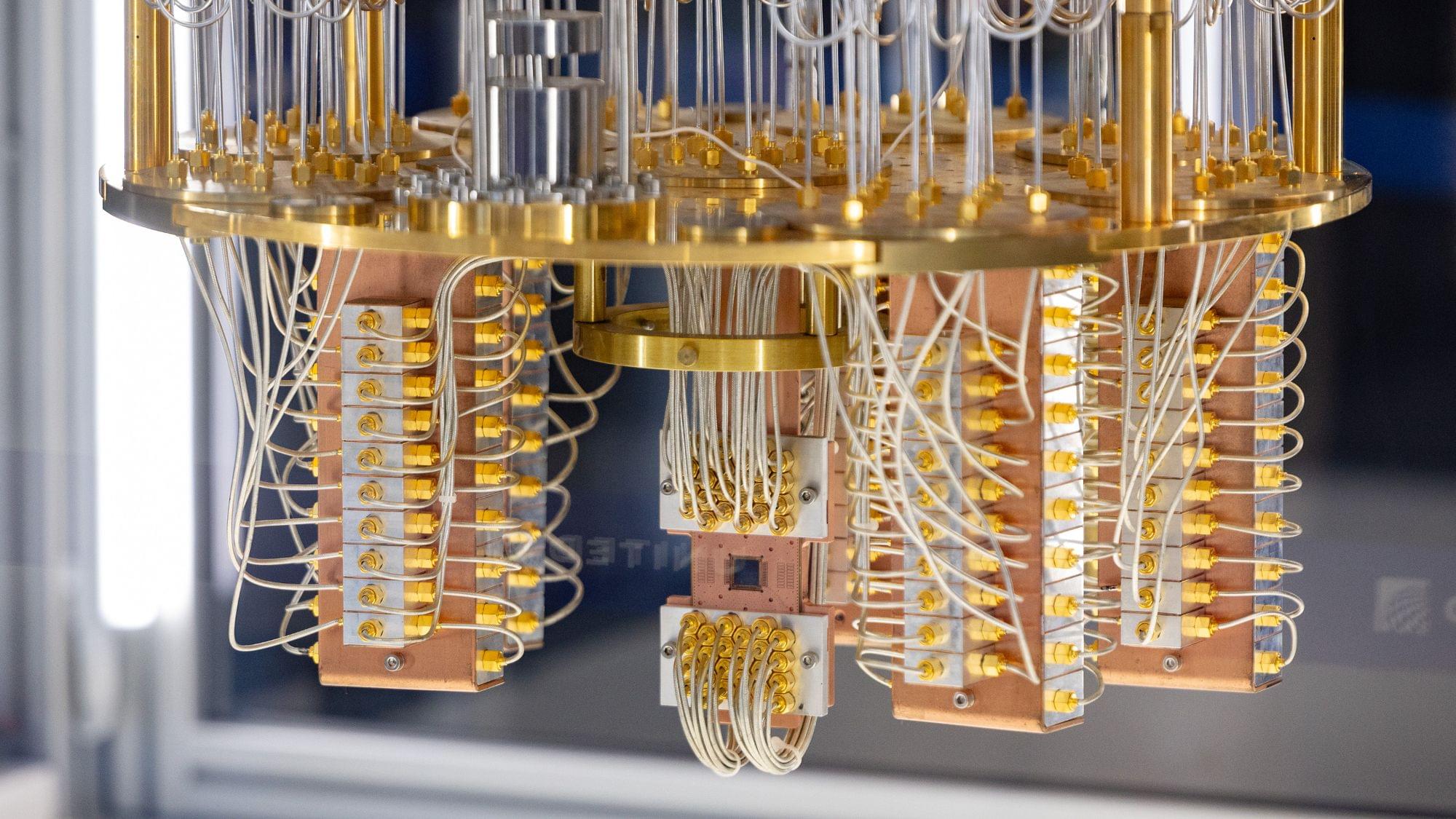Researchers at École Polytechnique have demonstrated the first superconducting quantum circuit architecture that integrates a carbon nanotube.
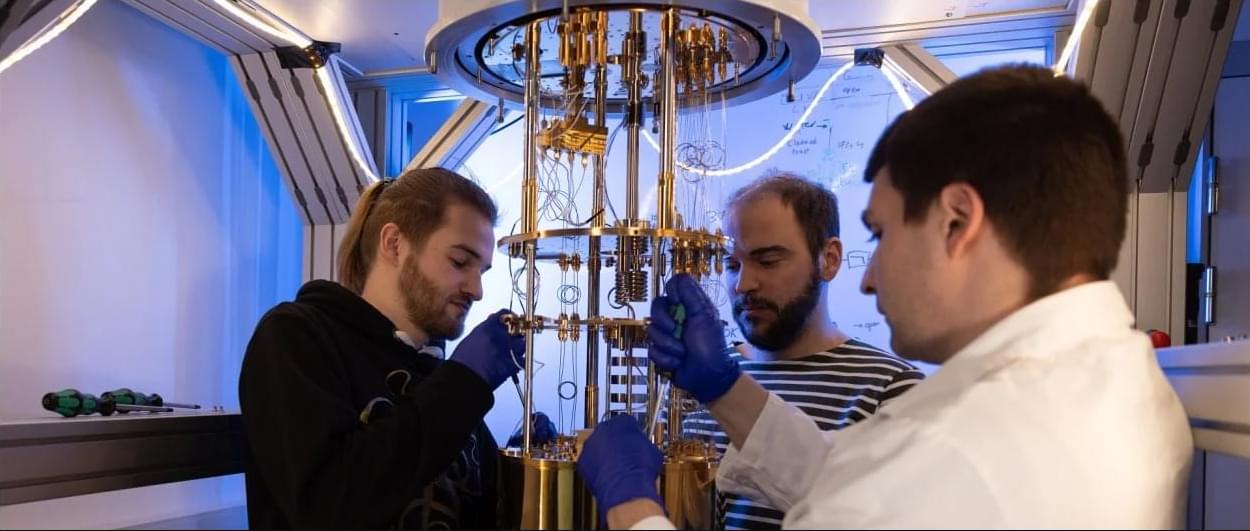

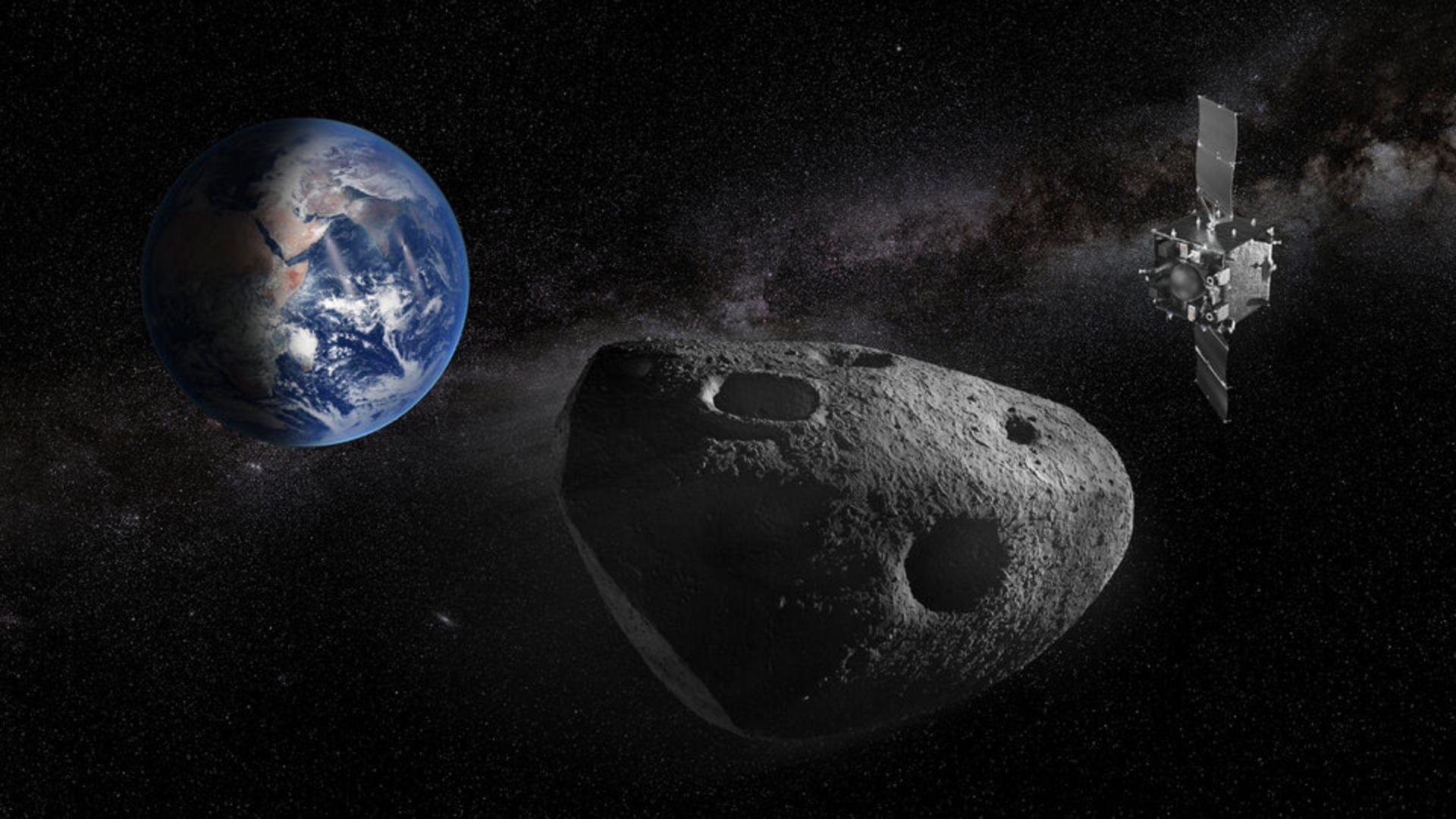
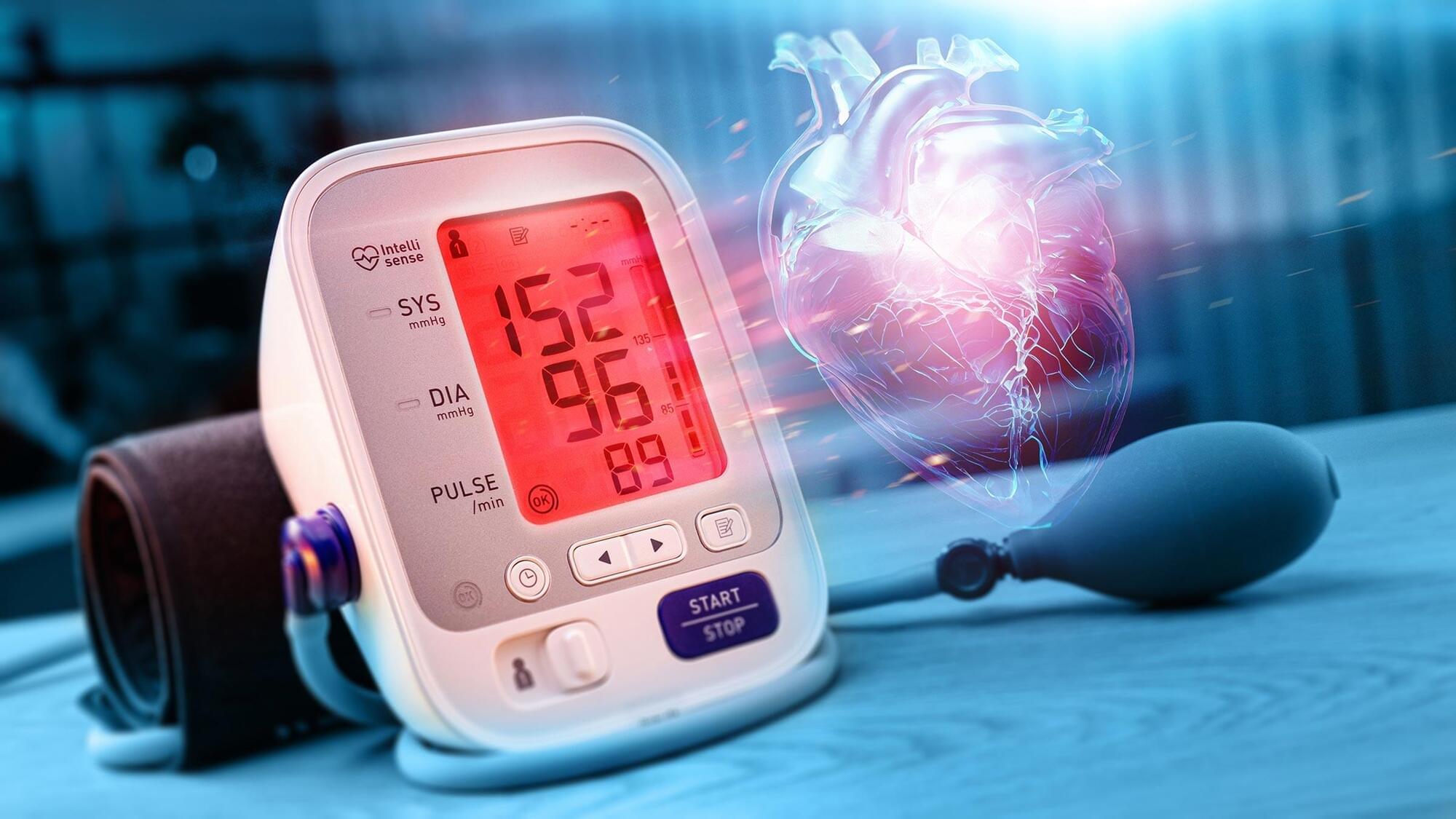


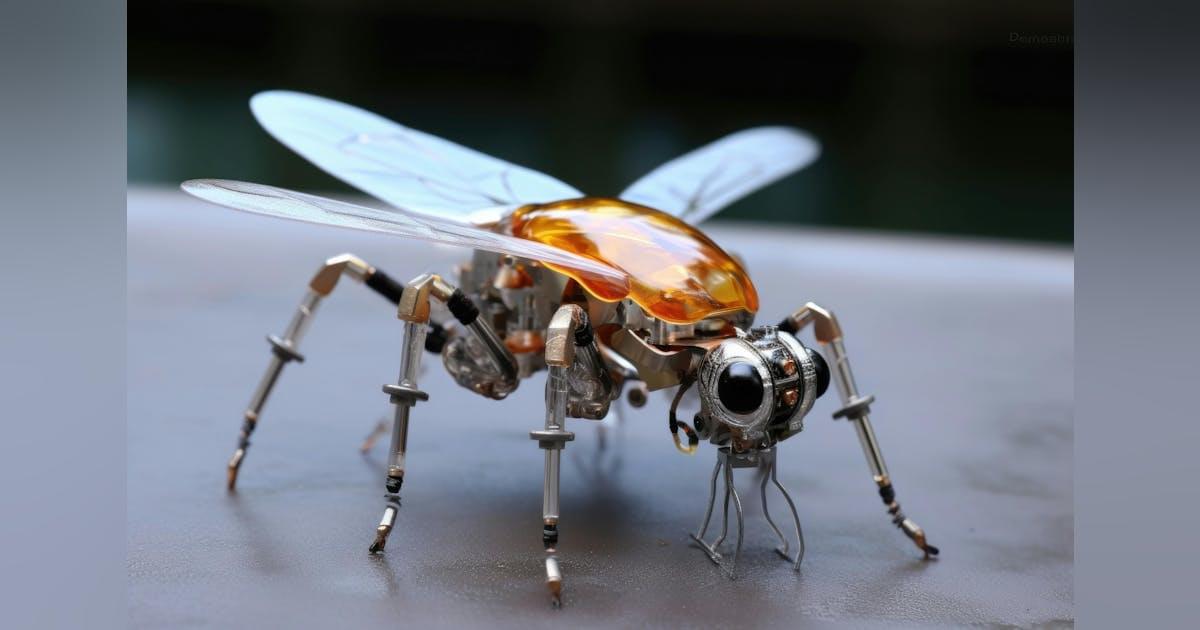
Officials of the U.S. Defense Advanced Research Projects Agency (DARPA) in Arlington, Va., issued an advanced research concepts opportunity earlier this month (DARPA-EA-25–02-02) for the Hybridizing Biology and Robotics through Integration for Deployable Systems (HyBRIDS) program.
Bio-hybrid robotics
Bio-hybrid robotics combines living organisms and synthetic materials to create biorobots that compared to traditional robots can offer adaptability, self-healing, and energy efficiency.
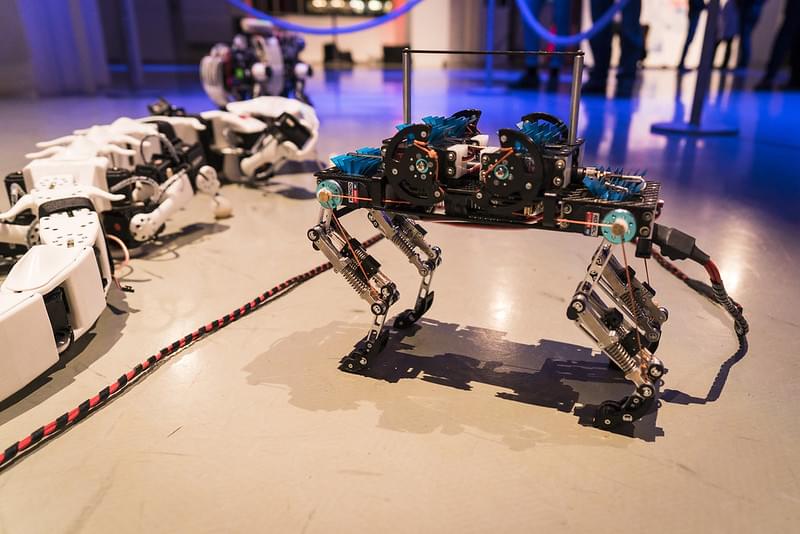
Building a robot takes boatloads of technical skills, a whole lot of time, the right materials, of course – and maybe a little bit of organic life, maybe? Decades of science fiction have shaped our ideas of robots being non-biological entities. Think of batteries as the hearts, metal as the bones, and gears, pistons, and
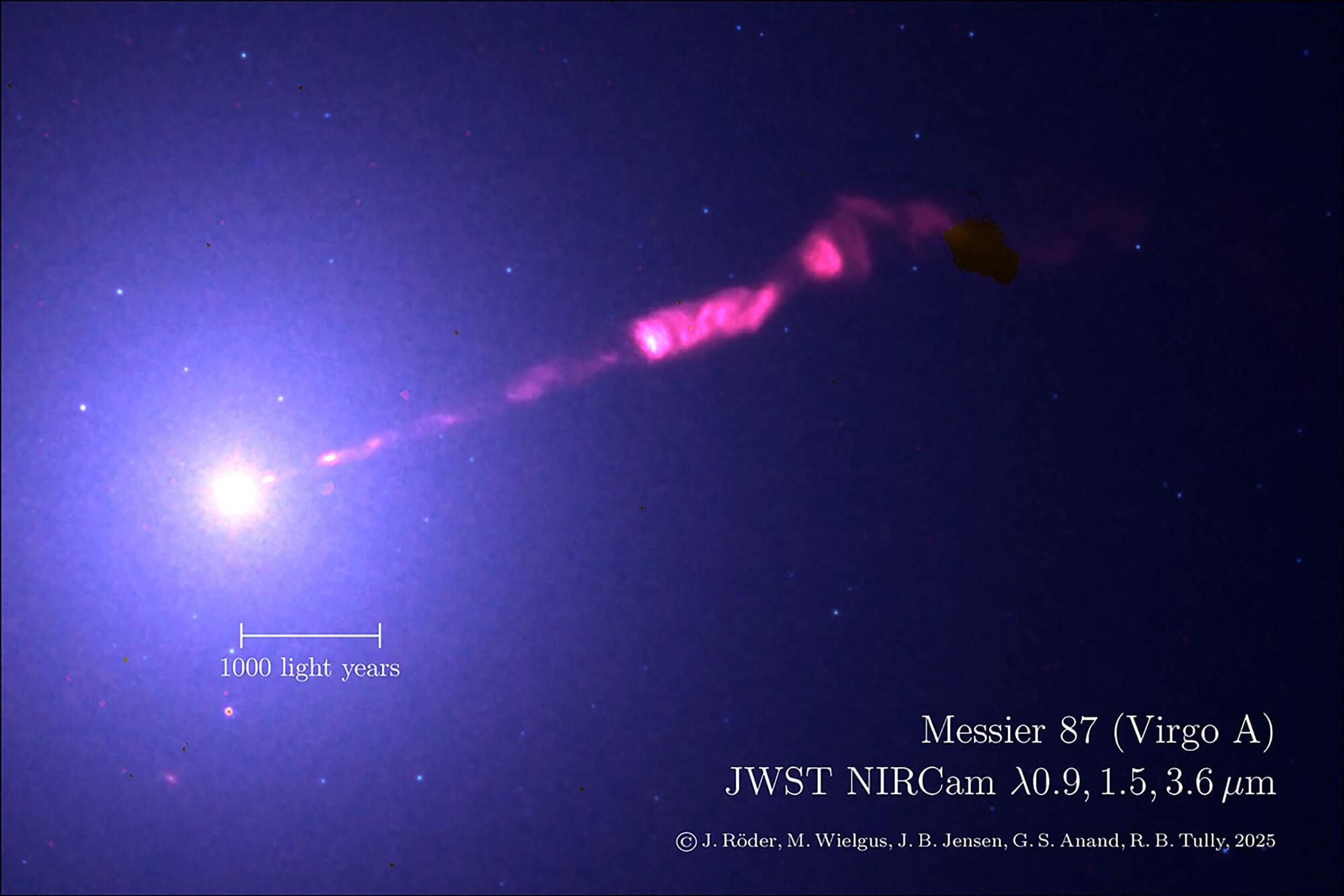

Current procedures for manual extraction of mature muscle tissue in micromechanical structures are time consuming and can damage the living components. To overcome these limitations, we have devised a new system for assembling muscle-powered microdevices based on judicious manipulations of materials phases and interfaces. In this system, individual cells grow and self-assemble into muscle bundles that are integrated with micromechanical structures and can be controllably released to enable free movement. Having realized such an assembly with cardiomyocytes we demonstrate two potential applications: a force transducer able to characterize in situ the mechanical properties of muscle and a self-assembled hybrid (biotic/abiotic) microdevice that moves as a consequence of collective cooperative contraction of muscle bundles. Because the fabrication of silicon microdevices is independent of the subsequent assembly of muscle cells, this system is highly versatile and may lead to the integration of cells and tissues with a variety of other microstructures.
